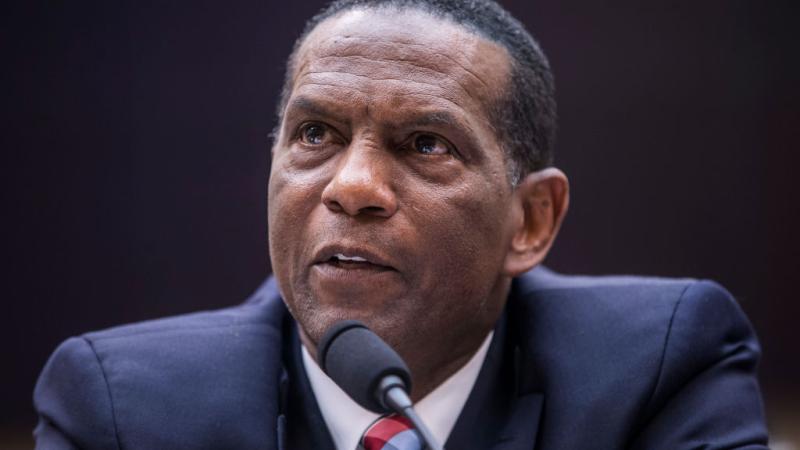21 House Democrats call on Pelosi to remove IRS bank reporting from reconciliation bill
Lawmakers say thousands of their constituents contacted them voicing their opposition to the plan.
Twenty-one House Democrats have urged Speaker Nancy Pelosi and Ways and Means Committee Chairman Richard Neal to remove a provision in the reconciliation bill requiring banks to report transaction amounts to the IRS.
They did so, they said, after thousands of their constituents contacted them voicing their opposition to the plan.
They also mention they’ve heard from a wide range of constituents who own small businesses who are concerned about the “significant burden and potential unintended consequences that could result from the new reporting regime.”
The measure, which has been amended more than once, would require banks to report to the IRS on the gross annual inflows and outflows of all types of financial accounts in the U.S., including savings accounts, checking accounts, loans and investments.
The group, led by Reps. J. Luis Correa of California and Cindy Axne of Michigan, requested that the reporting provision “be withdrawn from further consideration in favor of a more targeted approach.
“While the intent of this proposal is to ensure all taxpayers meet their obligations – a goal we strongly share – the data that would be turned over to the IRS is overly broad and raises significant privacy concerns,” they wrote in the letter. “We have little information about how the IRS plans to protect or use this massive trove of data.”
They added that “Americans expect their bank or credit union to safeguard their financial information” and the proposal “would erode trust in financial services providers.”
Pelosi’s and Neal’s offices have not released a statement or a response to the letter.
The previous version of the provision would have required banks to report financial activity from accounts with more than $600 in total annual outflows, which drew immediate criticism and the number was increased to $10,000.
Senate Finance Committee Chairman Ron Wyden, D-Oregon, says the proposal will potentially raise “hundreds of billions of dollars” by catching wealthy tax evaders.
He points to testimony given earlier this year by IRS Commissioner Charles Rettig who said the total amount of taxes evaded every year could be as high as $1 trillion.
“Cheating by those at the top is one of the major causes of that tax gap, and a big reason why is that the automatic reporting and strict rules that apply to typical working taxpayers do not apply to many at the top whose income is derived from opaque business structures,” Wyden said.
He also argued the way the tax system is set up creates mandates for “the working person” and not the billionaire. “Working people pay their taxes voluntarily because they know their employer is sending those numbers to the IRS. The wealthy business owners are on the honor system.”
But these 21 House Democrats disagree. While the amount that was increased to $10,000 allows for certain payroll and federal program beneficiary exclusions, “a significant number of taxpayers will continue to meet the reporting criteria. Most of these taxpayers are not the wealthy tax evaders who are the stated targets of this proposal.”
While the Department of Treasury first included the reporting scheme in the Green Book, which was released in May 2021, the lawmakers said they have “yet to see legislative language outlining the specific contours of this policy. Given the privacy concerns this raises in addition to the significant burden that would be imposed on a broad range of businesses and financial institutions, we respectfully request that this proposal not be included in the Build Back Better package.”
Wyden argued the plan “is focused on rooting out tax cheating at the top. No additional reporting requirements would apply to accounts with deposits and withdrawals under $10,000. And for most people, that’s $10,000 on top of your paycheck.”















